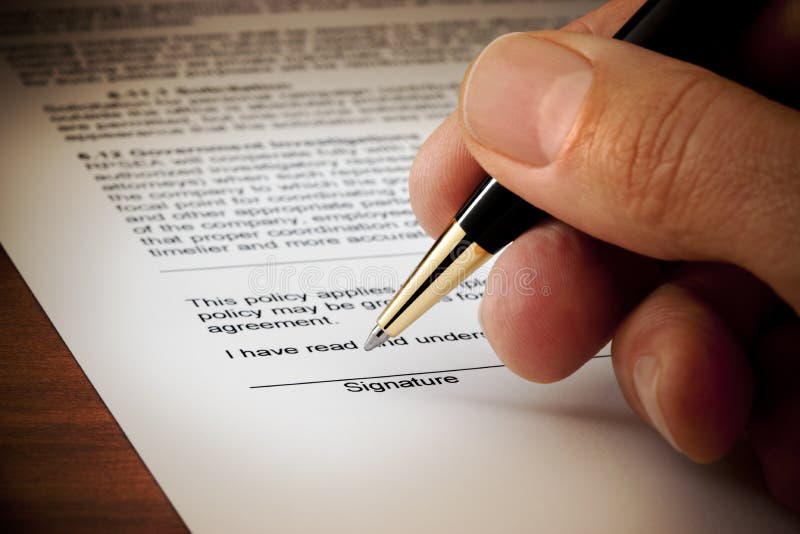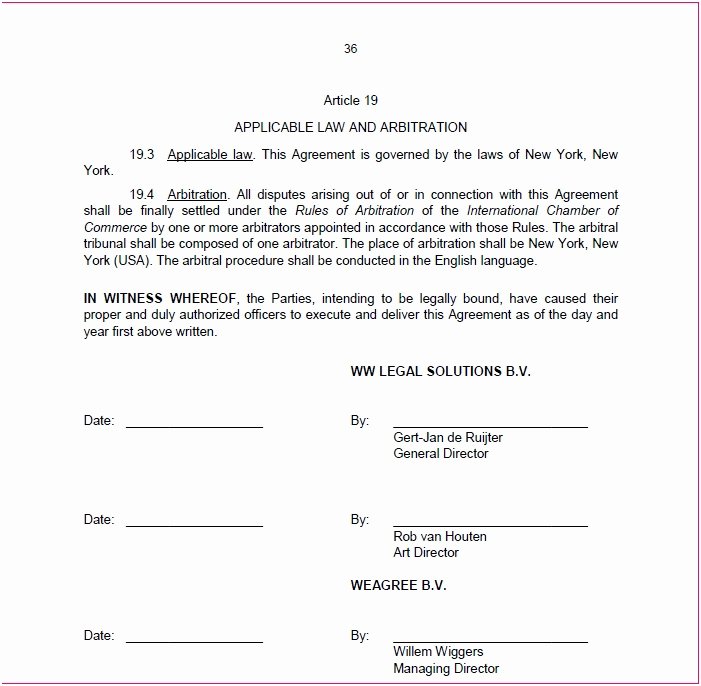Legal signature on documents is an important aspect of the legal system. It is a way to authenticate documents and ensure that they are legally binding. A signature is a mark made by an individual on a document to indicate their agreement, consent, or authorization. In this article, we will discuss the importance of legal signature on documents and how it is used in various legal situations.
What is a Legal Signature?

A legal signature is a signature that is recognized by law as binding and authentic. It is a way to verify the identity of the person signing the document and to ensure that they have read and understood the contents of the document. In order for a signature to be considered legally binding, it must be made voluntarily and without coercion or duress.
Types of Legal Signatures
There are several types of legal signatures that are recognized in the legal system. These include a handwritten signature, an electronic signature, and a digital signature. A handwritten signature is the traditional form of signature, where an individual physically signs a document using a pen or pencil. An electronic signature is a signature that is made electronically, such as by typing your name or using a stylus on a digital device. A digital signature is a type of electronic signature that uses encryption technology to ensure the authenticity and integrity of the signature.
When is a Legal Signature Required?

A legal signature is required in a variety of legal situations. These include signing a contract, a will, a power of attorney, a deed, or any other legal document. A legal signature is also required when applying for a loan, a credit card, or any other type of financial transaction. In some cases, a legal signature may be required when applying for a job, obtaining a license, or registering for a service.
How to Sign a Document Legally

When signing a document legally, it is important to ensure that you are signing voluntarily and without coercion or duress. You should also ensure that you read and understand the contents of the document before signing it. If you are signing a document electronically, you should ensure that the electronic signature meets the legal requirements for authenticity and integrity. If you are unsure about how to sign a document legally, you should seek legal advice.
Penalties for Forgery or Fraudulent Signatures

Forging a signature or using a fraudulent signature on a legal document is a serious offense. It can result in criminal charges and penalties, including fines, imprisonment, or both. If you suspect that someone has forged your signature or used a fraudulent signature on a document, you should contact the appropriate legal authorities immediately.
Conclusion
Legal signature on documents is an important aspect of the legal system. It is a way to verify the identity of the person signing the document and to ensure that they have read and understood the contents of the document. A legal signature is required in a variety of legal situations, such as signing a contract, a will, or any other legal document. When signing a document legally, it is important to ensure that you are signing voluntarily and without coercion or duress, and that you read and understand the contents of the document before signing it. Forgery or using a fraudulent signature on a legal document is a serious offense that can result in criminal charges and penalties.